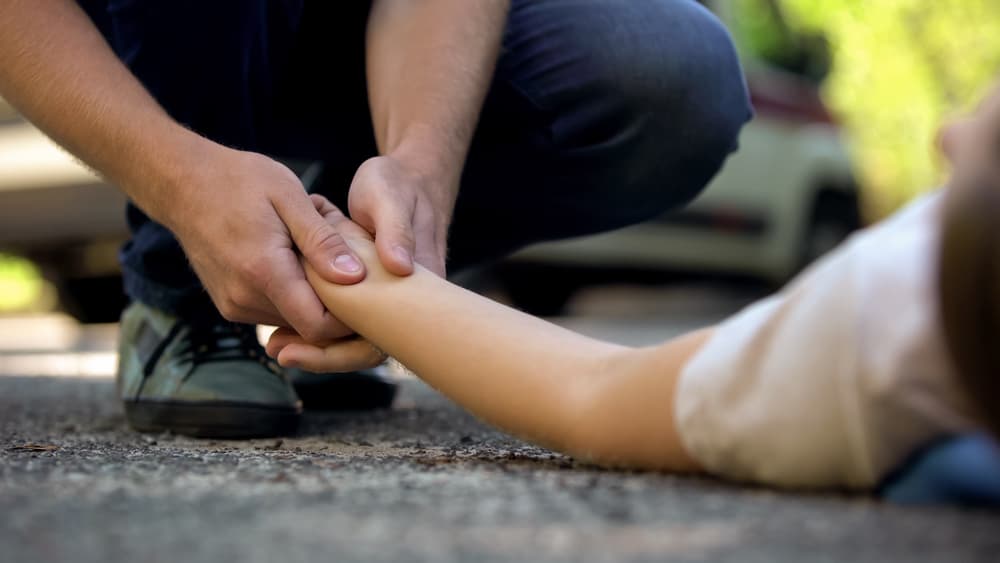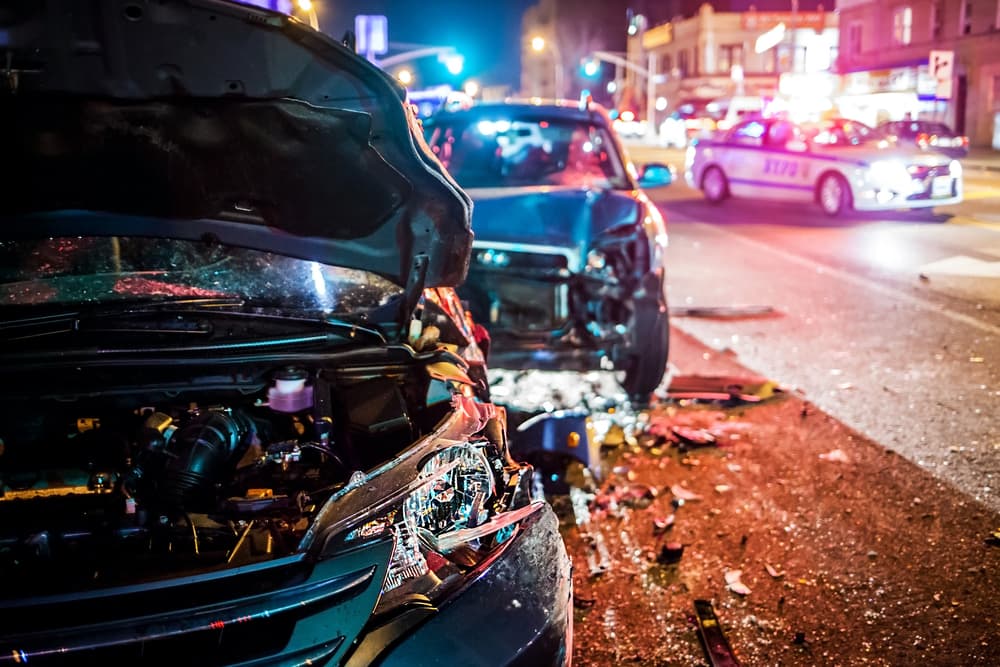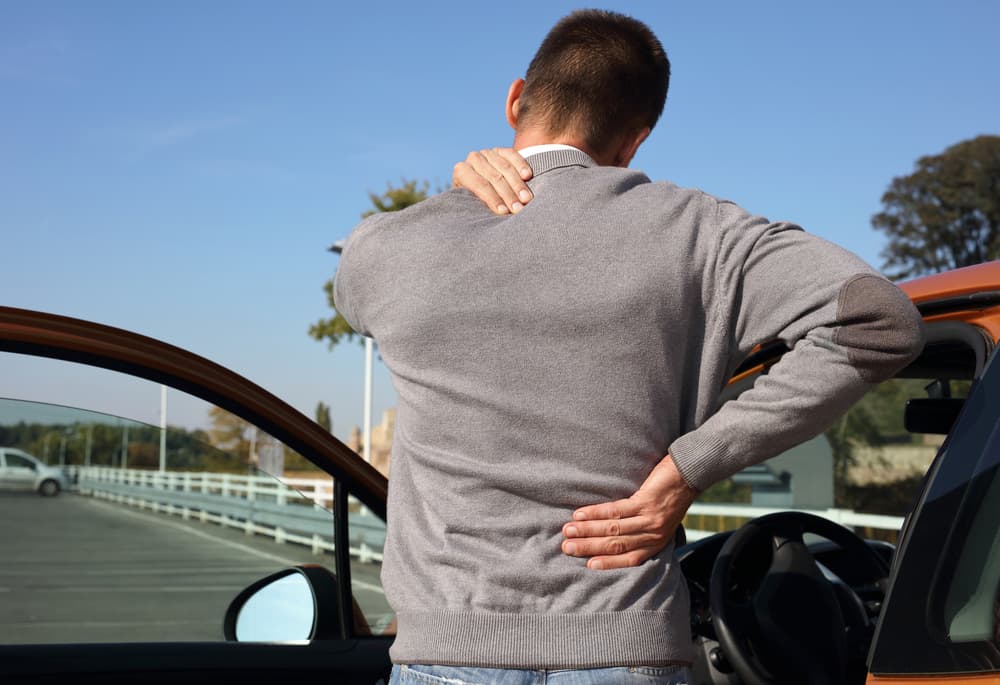While your top priority is your health and safety, you should collect evidence after a drunk driving car accident if possible. You can lose time-sensitive evidence as time passes after the accident. Any evidence you collect can help you build a case against the responsible driver to get the compensation you deserve.
You could have been hurt or lost a family member in a drunk driving accident. In that case, you could seek financial compensation, legally known as damages, from the at-fault driver and their insurance company. Your damages may cover your medical bills, compensate you for unpaid time off work, and even address your pain and suffering.
You can seek damages independently, but you might prefer working with a Myrtle Beach personal injury lawyer. They can gather your case’s evidence while you focus on your recovery.
Why You Should Collect Evidence After a Drunk Driving Accident
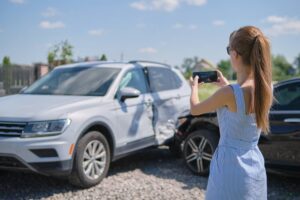
You should collect evidence after a drunk driving accident because it can help build a case against the drunk driver responsible for your accident. In addition, any evidence you can gather that shows the other driver was at fault and under the influence at the time can help you get the compensation you deserve.
You need to collect evidence quickly after the drunk driving accident. Once the accident gets cleared and witnesses leave the scene, it can prove hard to definitively say what happened. However, evidence you collect at the scene can become invaluable later.
If you can, collect:
- Photos of the scene: Take pictures of the scene to capture the accident as soon as possible. Include pictures of your car and the other driver’s car. You should also take a panoramic picture of the scene, including nearby stores, guardrails, and other landmarks.
- Contact information for eyewitnesses: If other cars stopped after the accident or people on the street saw what happened, they could provide critical eyewitness testimony. Ask them for their names, phone numbers, email addresses, and physical addresses so that you or your lawyer can follow up with them in the future.
- Dashboard camera evidence: Some vehicles come equipped with dashboard cameras. If your car or the drunk driver’s car has one, collect the footage. Dashboard cameras erase footage regularly, so you must collect it before it no longer exists.
- Security camera footage: If any businesses are near the accident, ask them if they have security cameras facing the scene. A security camera may have captured the entire accident. Many businesses erase security footage every few days, so you must collect this evidence immediately.
A Lawyer Can Collect Evidence for You After a Drunk Driving Accident
While you should collect any evidence you can at the scene of the accident, a lawyer can also collect evidence of what happened. You can call a lawyer from the scene of the accident or contact one afterward. Either way, a lawyer can thoroughly investigate your drunk driving accident, looking for evidence that the other driver was intoxicated, caused the accident because of their intoxication, and bears financial responsibility for your losses.
Some of this information can prove time-sensitive, so you need to consult with a lawyer after the car accident and hire them to begin the investigation as early as possible, the better. For example, breathalyzer and blood tests for blood alcohol concentration (BAC) are only accurate shortly after the accident. You may have difficulty proving the other driver was drunk without them.
To help your case, a lawyer can collect:
- Police reports
- Toxicology reports
- Cell phone records
- Interviews with bartenders, restaurant servers, and liquor store workers
- Interviews with anyone socializing with the other driver before the accident
- Interviews with eyewitnesses
A Lawyer Can Help You in Other Ways After a Drunk Driving Accident
A Myrtle Beach drunk driving accident lawyer can help you beyond simply investigating your drunk driving accident. They can guide you through seeking damages and advise you on what to do during a stressful time. A lawyer can advocate for your best interests and help you resolve a painful situation.
A personal injury lawyer can:
- Communicate with the other driver’s insurance company
- Communicate with your insurance company
- Gather supporting documents, such as medical records and bills, tax returns from previous years, and wage statements
- File an insurance claim on your behalf
- Negotiate a settlement with the drunk driver’s insurance company
- File a lawsuit against the drunk driver and other liable parties
How Much Can I Get in My Drunk Driving Case?
A lawyer can estimate your drunk driving case’s worth using evidence he or she collects after the accident. Your case is unique, so a lawyer can only know the value of your damages by first investigating the accident and documenting your losses. A personal injury lawyer can use medical bills and records, pictures of the scene, expert medical testimony, past wage statements, and tax documents to estimate your case’s worth.
In general, victims of personal injury can get two types of damages: economic and noneconomic. Economic damages refer to tangible losses, such as bills or lost income, whereas noneconomic damages refer to intangible losses like pain and suffering. For example, family members of people killed in a drunk driving accident can get additional damages.
Economic Damages After a Drunk Driving Accident
You could recover economic damages for:
- Medical expenses for your emergency treatment, ambulance bill, follow-up appointments, diagnostic imaging such as X-rays or MRIs, surgeries, therapies, prescription medications, and other medical expenses
- Future medical care if you will require future operations or other procedures or if you need ongoing care, such as assistance with activities of daily living
- Loss of income if you cannot work during your recovery, if you cannot work in your previous occupation because of your injuries, or if you can no longer work at all
- Property damage for the expense of repairing or replacing your vehicle after the drunk driving accident
Noneconomic Damages After a Drunk Driving Accident
You could recover noneconomic damages if you experience:
- Loss of a limb or body part
- Permanent disability
- Disfigurement or scarring
- Chronic pain
- A long recovery period
- Loss of ability to participate in activities or hobbies
- Emotional trauma
- Mental health conditions, such as insomnia, anxiety, depression, or post-traumatic stress disorder (PTSD)
- Reduced quality of life
While putting a price tag on these losses can prove challenging, a personal injury lawyer with experience handling drunk driving cases knows their worth and can fight for you to get the compensation you deserve.
Wrongful Death Damages After a Drunk Driving Accident
Wrongful death damages try to compensate family members for losing their loved ones, both in terms of the lost relationship and financial contribution. Wrongful death damages also compensate family members for other accident-related expenses, such as medical bills and burial expenses, caused by the drunk driving accident.
Wrongful death laws vary from state to state. Some states specify which family members can seek wrongful death damages, and some specify which types of losses you can recover. Check with a wrongful death lawyer near you to learn more about the laws in your state.
You could recover damages for:
- Medical bills for treatment your loved one received after the drunk driving accident but before he or she passed away
- Funeral and burial expenses such as fees for cremation or embalming, an urn or casket, flowers, memorial service, transportation, and more
- Loss of financial support including salary, gig pay, tips, and benefits for the income your loved one would have reasonably made in the future
- Loss of retirement income and benefits that your loved one could have reasonably expected
- Loss of inheritance that any surviving children could have reasonably expected
- Loss of household support such as childcare, chores, and maintenance that your loved one would have provided
- Loss of love, guidance, companionship, and care from your loved one
Determining Legal Liability for a Drunk Driving Accident
In a drunk driving case, the person whose negligence caused the crash will likely be liable for paying your damages.
A lawyer can evaluate your case and determine who was at fault for the accident that injured you by looking for these four elements:
- Duty of Care: One party was obliged to avoid putting another party in harm’s way. All drivers must drive safely on the road and not put other drivers, passengers, pedestrians, and cyclists at risk of harm.
- Breach of Duty: One party violated the duty of care and behaved in a way that put others at risk. Drunk drivers, who lose the ability to make good choices and react quickly, clearly put others at risk of harm.
- Causation: Violating the duty of care directly caused the incident that led to bodily injuries.
- Damages: The incident must cause you to incur financial losses. Common damages after a drunk driving accident include medical bills, loss of income, property damage, and pain and suffering.
A personal injury lawyer can collect evidence after the drunk driving accident that injured you. They can use that evidence to demonstrate that your case contains the four required elements of negligence, determine which party was responsible for the accident, and help you seek compensation.
Other Parties May Bear Liability in a Drunk Driving Accident
While drunk drivers typically bear responsibility for a drunk driving accident, they may prove the only liable party. Some states have laws allowing victims of drunk driving accidents to seek damages from people who sold or served alcohol to a driver who then caused a drunk driving accident.
In these states, potentially liable parties include:
- Bartenders or restaurant servers who continued to serve alcoholic drinks to patrons who were intoxicated
- Liquor shops and other alcohol vendors who sold alcohol to someone under age 21
- Social hosts who knowingly served alcohol to people under the age of 21
If more than one party bears responsibility for your accident, you can seek damages from them all and recoup the value of your losses. A personal injury lawyer with experience handling drunk driving accident cases can go over your state laws, identify all responsible parties, and help you seek damages.
How Much Does a Lawyer for a Drunk Driving Accident Cost?
Most personal injury lawyers work on contingency, which means their fees depend on whether they win your case. As a result, they only get paid for winning, and when they do, they take their fees directly from your settlement or verdict award. With this setup, personal injury lawyers typically charge no fees upfront or out of pocket.
This also means that injury victims typically won’t have to pay:
- Hourly lawyer fees or retainers
- Out-of-pocket costs
- Unexpected fees
This fee arrangement makes legal services affordable for people like you who were unexpectedly harmed because of someone else’s negligence and may not want to use their savings to pay for a lawyer. When looking for a personal injury lawyer to represent you after a drunk driving accident, ask about their fees and payment structure before choosing one.
How Long Do I Have to File a Lawsuit After a Drunk Driving Accident?
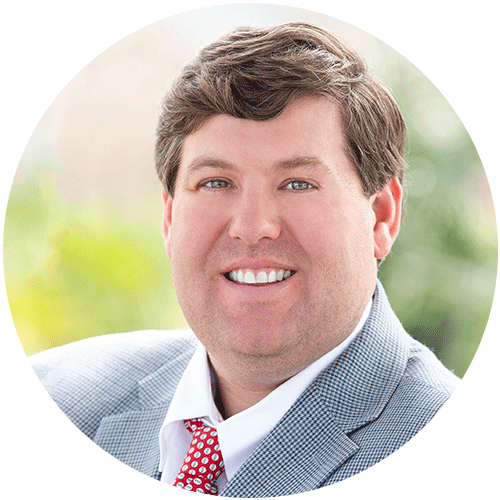
While you may feel the repercussions of your drunk driving accident forever, you do not have unlimited time to sue the party responsible for the accident. You must file your lawsuit before the statute of limitations runs out, or you forfeit your legal right to sue. A judge will dismiss even the strongest case once the deadline passes.
Every state has different statutes of limitations concerning drunk driving accidents. For example, South Carolina gives people three years to file a lawsuit against a drunk driver for personal injury or wrongful death.
Contact a drunk driving accident lawyer in Myrtle Beach, SC to learn how much time you have to file a lawsuit against the drunk driver who caused your accident. They can explain how the statute of limitations affects your filing timeline, explain if you qualify for any exceptions to the deadline, and help keep your case on track.
